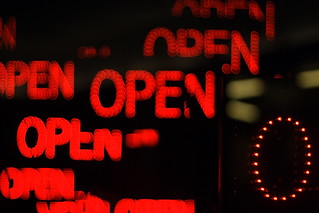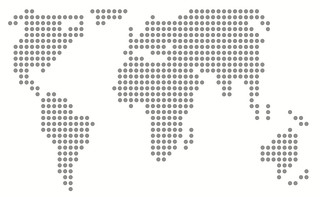Here’s an exciting opportunity for the open education community. Susan D’Antoni, a long-time leader in Open Educational Resources (OER), is coordinating an important effort to map the global OER space.
You can join the list by sending an email to: oer-community-request@athabascau.ca and typing “subscribe” in the subject line. I have signed up to contribute. I hope you will too.
Read the complete announcement below for more information.
Dear Colleagues,
The following invitation is extended to any of you who might be interested in a discussion of how the OER community at large might design, create and sustain an OER world map of institutional initiatives – to help us connect and communicate.
The objective of this conversation is to consider together whether the global OER community could design and build a world map of OER institutional initiatives.
Over the past decade, there have been more and more initiatives in more and more countries. It has become difficult to have a sense of the global OER landscape. As we seek to communicate with stakeholders, as we seek to connect with potential partners and as we seek to learn from the experience of others, we might find useful a picture of the OER world – a global map of institutional and perhaps national initiatives as a starting point. Over time, an “OER World Map” could be enhanced as the community wished and found feasible.
Maps can be effective in communicating a message visually. There are already several global maps that have been created for specific OER groups, such as, the Open CourseWare Consortium and the Open University OLnet project in the United Kingdom.
As many of you will remember, the former IIEP OER community showed enormous energy in its interaction. And importantly, the community showed a capacity to self-organize. A number of groups came together to translate the report of the group’s consensus on priorities to advance the OER movement. If mapping the OER world were seen to be useful, perhaps the worldwide OER community could self-organize to build and maintain an OER world map together.
Our conversation is scheduled to take place online over a three-week period from 12 – 30 November. At the conclusion of the discussion a draft report will be sent to everyone for review and comment.
In addition to this international discussion in English, some groups have already decided to hold similar interactions in their own languages for their own communities or networks. Their input will be shared with the international group, and incorporated into the final report of our collective deliberation and conclusions. We hope others may also wish to organize separate discussions.
I will be back in contact with further details before we begin. I am very much looking forward to being back together again.
My best,
Susan
——————
Outline of the international discussion
Week 1: What could an OER world map look like? (12- 16 November)
- Why map the OER landscape?
- Essential information and visual presentation
Week 2: Could a world map be built collaboratively? (19-23 November)
- Organizational approach for collaboration
- Ensuring the quality of the information
Week 3: Reflection and next steps (26-30 November)
- Design of an “OER World Map”
- Organization
- Resources available/needed
- Next steps
Please:
- Send an email to oer-community-request@athabascau.ca and type “subscribe” in the subject line.
- Share this announcement with your colleagues and networks.
- Plan a parallel or follow up discussion in your own language and network and give your feedback for the final report of all the discussions.


